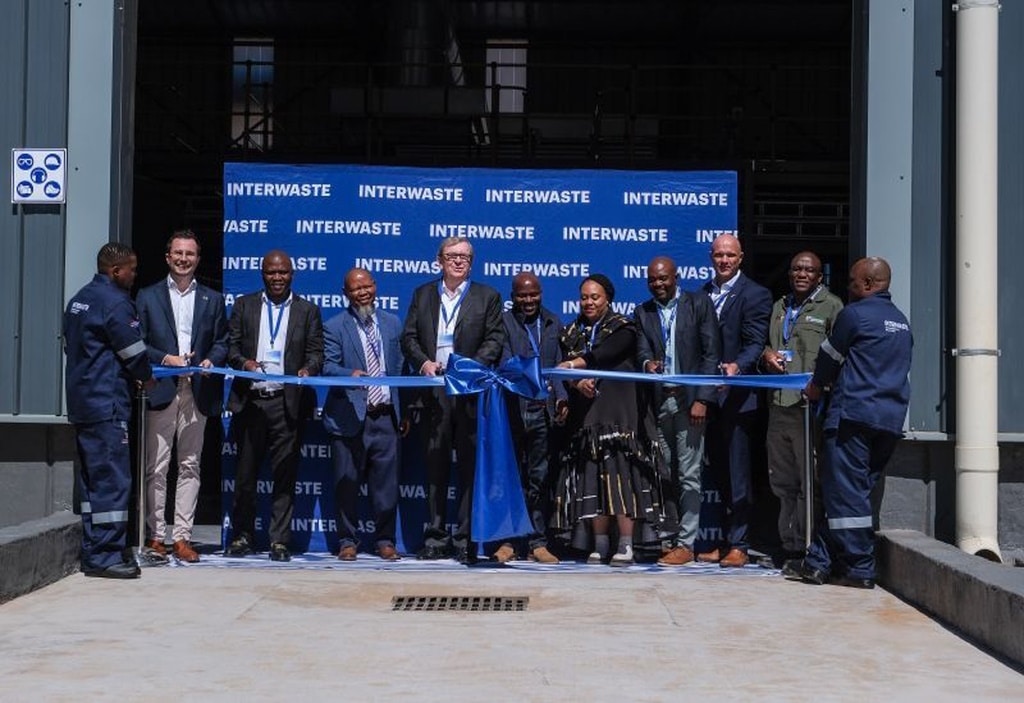A major source of river pollution, leachate will soon be treated in South Africa. On 10 April 2024, the South African waste management company Interwaste inaugurated a leachate and wastewater treatment plant in the town of Delmas, located in the province of Mpumalanga. The new facility handles leachates (highly concentrated fractions of liquid that drain from waste) from Interwaste’s facilities based in the town of Germiston, and leachates from numerous other solid waste management facilities in the mining and oil and gas industries, as well as their effluents.
Designed to the highest standards, the plant features state-of-the-art technology that not only effectively treats these waste streams (43,000 m3 of leachate and wastewater per year), but also recovers 80-90% of clean, reusable water.The treated water produced by the leachate and effluent treatment plant exceeds the safe discharge limits of the South African Department of Water and Sanitation and will produce approximately 36,000 m3 of safe water per year.
“Today we celebrate a monumental achievement in sustainable waste management, where until now there has been no sustainable solution for leachate in the country,” said Jason McNeil, CEO of Interwaste, which built the new facility. “And this comes at a time when the Rainbow Nation desperately needs advanced solutions that not only mitigate the environmental risks posed by liquid waste, but also those that reduce the pressure on our water supply and diversify the water mix, reusing wastewater and creating circularity in the system,” adds the head of the South African waste management company, which is also a subsidiary of French environmental consultancy service provider Séché Environnement.
A sustainable treatment process
Leachate from landfill sites and wastewater are major sources of pollution. They seep through the soil into watercourses, contaminating drinking water supplies and spreading water-borne diseases.
Read also –
In addition to the need for effective treatment and the introduction of technological innovations in the treatment of liquid waste in South Africa, the waste treatment plant is aligned with sustainable development strategies in that minimal waste production and the responsible use of chemicals are an integral part of its operation. The realisation of this ‘first of its kind’ project in the southern African country required an investment of 100 million South African rand, or just over $5.3 million, financed by the South African government.
Inès Magoum
